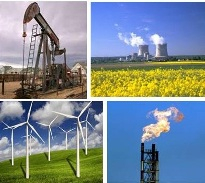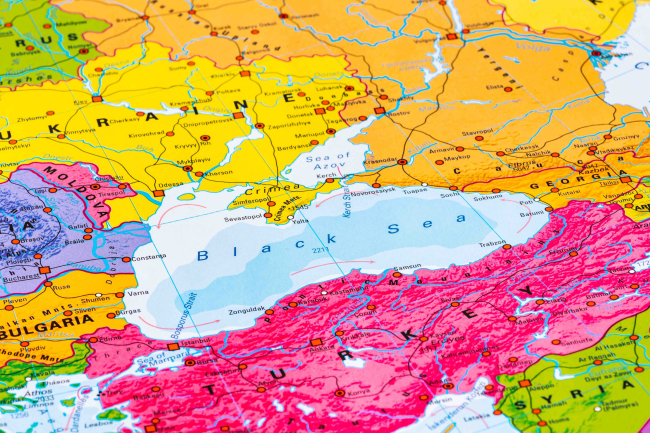
Practical information
With a higher deployment of renewable energy sources, EU Member States need to rethink the operations of their electricity networks. The challenges are not uniform across Europe as RES penetration varies between countries and regions and its deployment leads to an increased decentralisation of network operations. The EU energy policy is focusing on how to improve electricity infrastructure coordination, setting the stage for a more efficient and coordinated energy transition and improved energy security.
The debate will be an opportunity to discuss the electricity infrastructure outlook across Europe, to assess the risks for the main players (TSOs, DSOs, regulators, consumers) and to guide towards an improved coordination between Member States and a harmonized set of regulations based on an appropriate level of security of supply.
Ifri Center for Energy organizes a roundtable conference with:
Michel CRUCIANI
Associate Research Fellow, Ifri
Author of the Ifri study "EU Electricity Networks and Energy Transition"
Florian CHAPALAIN
Policy Officer, EDSO
Sébastien LEPY
Chair of ENTSO-E System Development Committee
Nicole VERSIJP
Policy Coordinator, Unit for Networks and Regional Initiatives
Internal Energy Market, DG Energy, European Commission
Chaired by : Marie-Claire AOUN, Director of Ifri Center for Energy
Other events

Affirming European Security in Ukraine and the Black Sea Region
European security has been challenged in 2022 with the full-fledged invasion of Ukraine by the Russian Federation.

Post-war Europe: How to Redefine a Security Architecture Within a New Transatlantic Framework?
A new European security architecture has to be built. The question is: will this happen with or without Europe? The US President, Donald Trump, who returned to the White House a little more than two months ago, and the President of the Russian Federation, Vladimir Putin, have initiated talks to put an end to the war in Ukraine, with the possibility of Ukraine ceding territory to Russia being raised.

Doing Politics in African Cities: Actors, Causes and Forms of Urban Social Mobilization
From Maputo to Nairobi and from Lagos to Dakar: recently, African cities have been the theatre of mobilizations by groups of young protesters.







